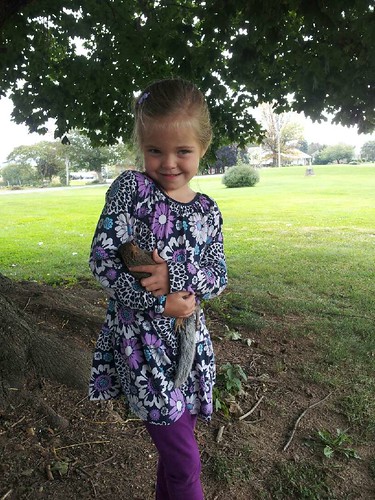 According to Wikipedia, Julian of Norwich was the first woman to write a book in the English language. She said that she had a vision of Jesus in which he comforted her with a phrase that has become famous:
According to Wikipedia, Julian of Norwich was the first woman to write a book in the English language. She said that she had a vision of Jesus in which he comforted her with a phrase that has become famous:
“In my folly, before this time I often wondered why, by the great foreseeing wisdom of God, the onset of sin was not prevented: for then, I thought, all should have been well. This impulse [of thought] was much to be avoided, but nevertheless I mourned and sorrowed because of it, without reason and discretion.
“But Jesus, who in this vision informed me of all that is needed by me, answered with these words and said: ‘It was necessary that there should be sin; but all shall be well, and all shall be well, and all manner of thing shall be well.‘”
I’m not sure what to say about the legitimacy of this story. But granting for the moment that this is God’s perspective on things, I’m tempted to wonder why Jesus speaks in the future tense. If things are not well now, how could they become well? Even a future heaven will no doubt include our memories of sadness and sin, and of course the wounds upon the Divine Person – by any account a shocking reflection of our sin against God. The usual answer is that those things, while reflections of sin, are also reflections of love. When, in heaven, we remember our sadness and sin, we will remember how desperately we needed Christ’s love and how undeserving of it we were. And when Christ displays his wounds, he displays the depth of his love for us. But if that’s all true, then why not go all the way and say the same things about the bad things in the world right now? Why not say with Alexander Pope that these wrongs are “well” because they display God’s love?
I think the genius of Julian’s quotation is just that it holds back from such a justification of the wrong in the world. The bad things that happen really are bad. Jesus’ suffering was bad. But the world will be well partly because of that – the depth of Jesus’ love will not be revealed unless bad things are done to him. That doesn’t make the bad things good, because his love isn’t revealed unless they are bad. This means that the future “well” is not merely what people have called “pie-in-the-sky-by-and-by.” It’s not just that God steps in and makes it all better, it’s that the pain now is part of the happiness then. And there is pain right now – right now, things are not well.
 Sometimes we can’t avoid bad things. In a few days, America will elect a president who many people fear will bring complete catastrophe. It doesn’t matter whether it’s Donald Trump or Hillary Clinton – both have large groups of opponents who fear the worst if they are elected. No matter which is elected, we have a very contentious and upsetting next four years to look forward to. Things are not well in American politics. One way to trust in God’s sovereignty is like this: “God is in control, so there’s nothing to be concerned about.” But that’s not what Julian of Norwich would recommend. I think her advice, and the more correct and realistic way to trust in God’s sovereignty is more like this: “Very concerning things are happening, but because of that, God will make all things well.”
Sometimes we can’t avoid bad things. In a few days, America will elect a president who many people fear will bring complete catastrophe. It doesn’t matter whether it’s Donald Trump or Hillary Clinton – both have large groups of opponents who fear the worst if they are elected. No matter which is elected, we have a very contentious and upsetting next four years to look forward to. Things are not well in American politics. One way to trust in God’s sovereignty is like this: “God is in control, so there’s nothing to be concerned about.” But that’s not what Julian of Norwich would recommend. I think her advice, and the more correct and realistic way to trust in God’s sovereignty is more like this: “Very concerning things are happening, but because of that, God will make all things well.”






